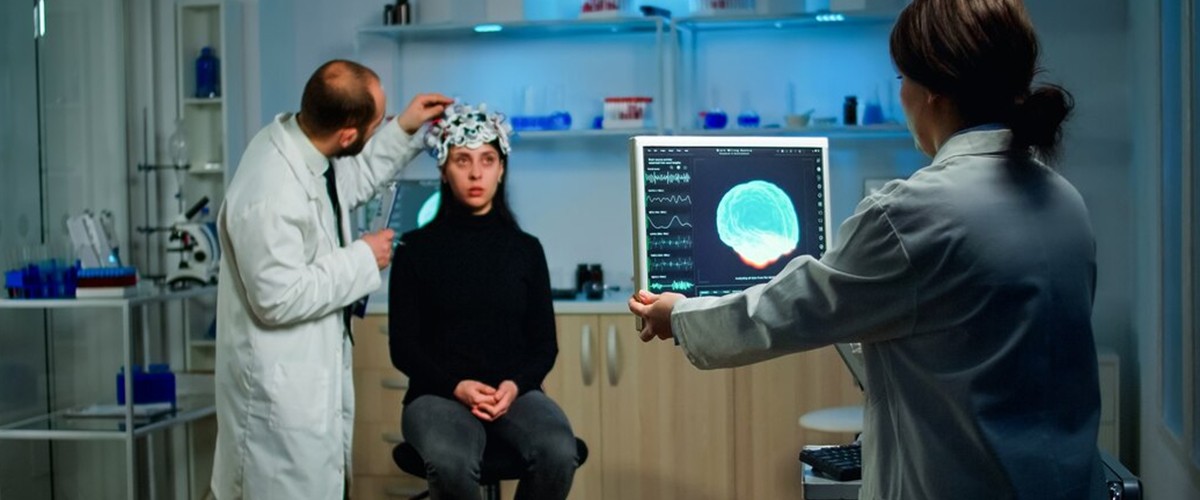(An Autonomous Body Recognized by Ministry of Commerce & Industry, Government of India)
Competency based placement focussed Education | Training | Research | Consultancy

CiRA trial of iPS therapy shows promise in Parkinson’s: Kyoto University
A Phase I/II trial led by Kyoto University Hospital and the Center for iPS Cell Research and Application (CiRA) has shown promising results using allogeneic induced pluripotent stem cells (iPS cells) for treating Parkinson’s Disease (PD). The trial involved seven PD subjects aged 50-69. Initially, one subject received a unilateral transplant for safety assessment, followed by bilateral treatment. The other six underwent simultaneous bilateral transplants, with a high-dose group showing a significant increase in dopamine production.
The transplantation used neurosurgical navigation for precision, with immunosuppressive therapy (tacrolimus) for 15 months. Over two years of monitoring, no severe adverse reactions were reported, with 73 mild to moderate incidents observed. MRI scans showed steady graft volume growth, and PET scans indicated a 44.7% increase in dopamine uptake.
Notably, four out of six subjects saw a 20% improvement in motor scores off medication. The trial’s success builds on 10 years of research, paving the way for future trials and therapies for neurodegenerative diseases.
25-04-2025
📰 Recent News
- QurAlis Reports Early Clinical Evidence of Kv7.2/7.3 Target Engagement in ALS
- Parkinson’s stem cell therapy shows promise in Phase II trial
- AusperBio completes enrolment in Phase III AUSHINE trial for chronic hepatitis B
- AstraZeneca’s NSCLC combination misses primary endpoint in Phase III LATIFY trial
- Biohaven shares Phase II BHV-7000 trial results for major depressive disorder
- Lilly’s Orforglipron Delivers Phase III Weight Maintenance Success, NDA Filed
- Takeda’s Zasocitinib Delivers Strong Phase III Results in Plaque Psoriasis
- SGX945 Demonstrates Encouraging Efficacy and Safety in Phase IIa Behçet’s Disease Study
- Pemvidutide Shows Promising Antifibrotic Effects in Phase IIb MASH Trial
- Valbenazine Falls Short in Phase III Trial for Dyskinetic Cerebral Palsy
